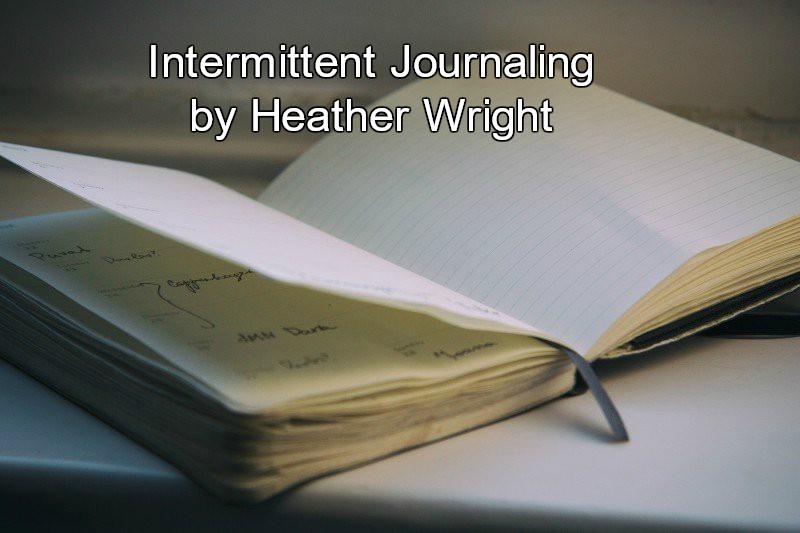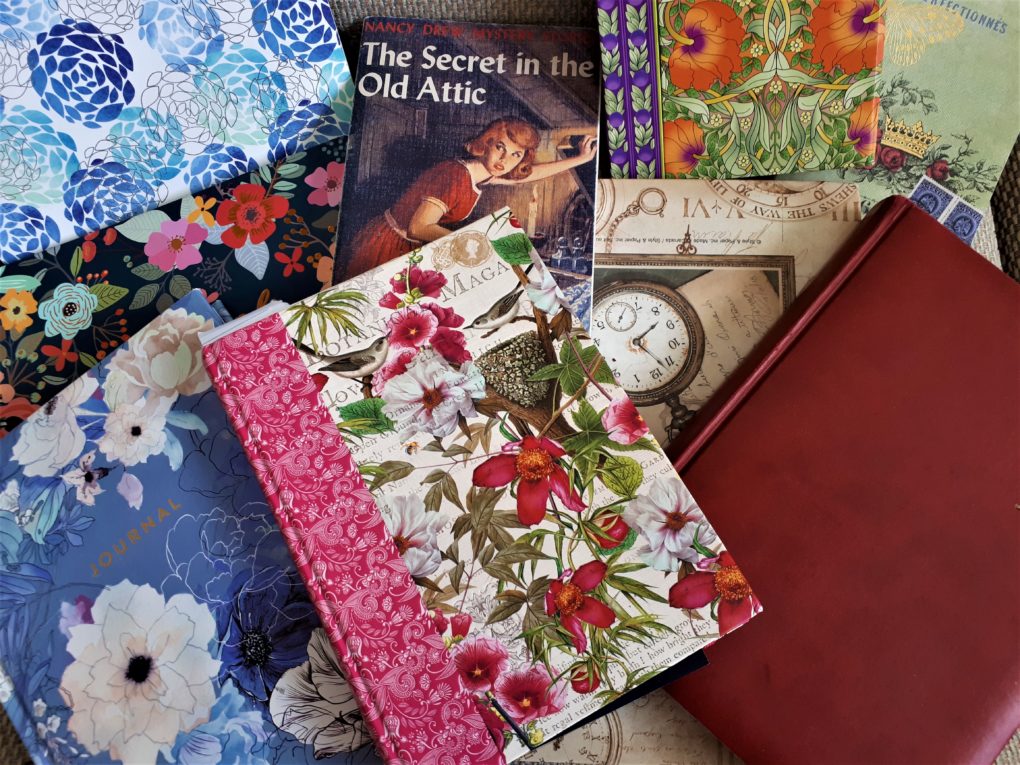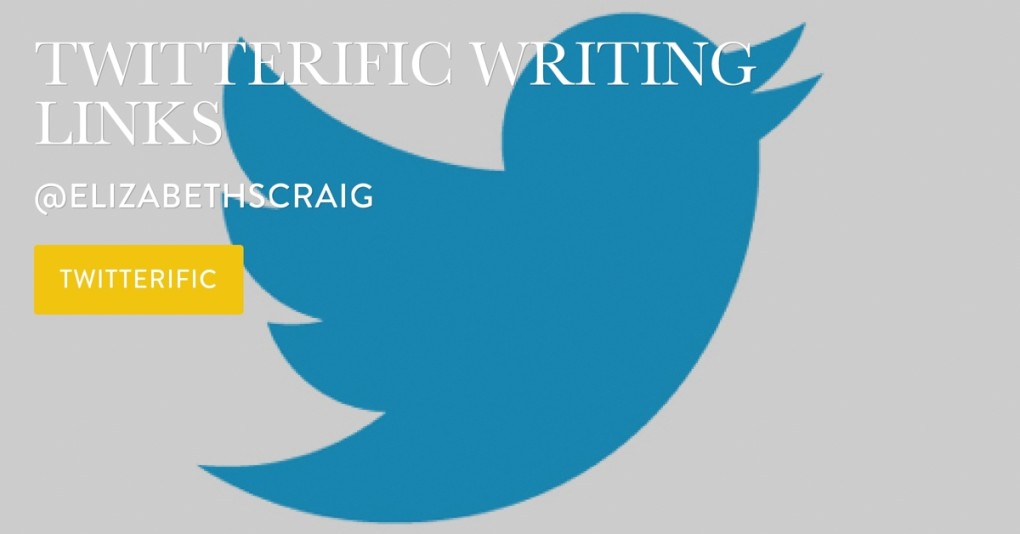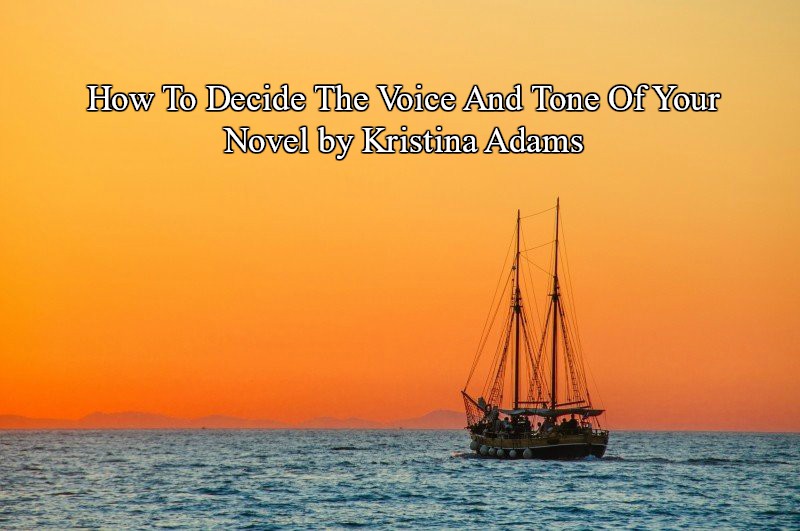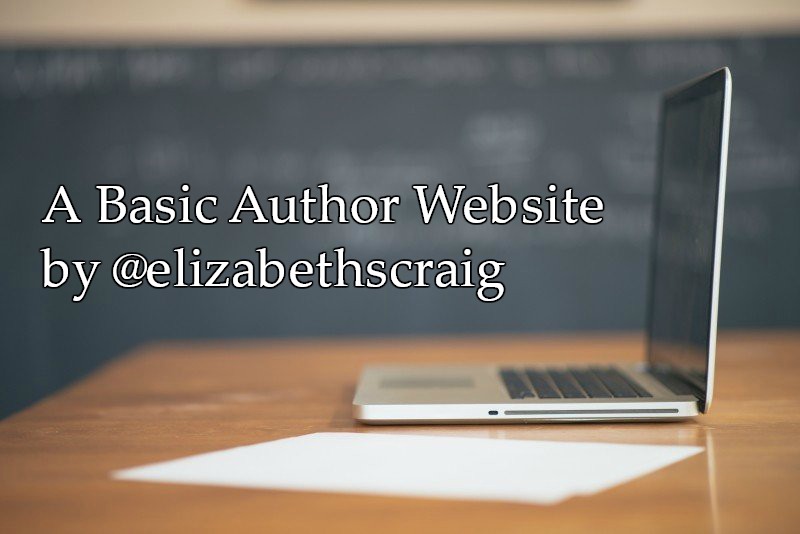by Heather Wright, @hwrightwriter
Ever since I got a pink diary with a lock and key for Christmas when I was eleven, I have tried to keep a daily journal—I really have. But, no matter what my intentions, I have never managed to succeed. And once I became a writer, it seemed even more important that I keep a daily journal. I mean, it’s what writers do, right?
Finally, I stopped trying. More importantly, I stopped feeling less than a ‘real writer’ or guilty because I didn’t write in my journal every day. Journaling has a definite place in my writing life, and when I need to, I approach my journal with a purpose and enjoy the benefits that journaling brings.
Here are the times when I turn to my journal—sometimes daily, sometimes not. These journaling times are short-term, focused, and reap rewards.
Journal when the creative well needs filling.
I have writer friends who always have an abundance of story ideas. They bemoan the fact that there will never be enough time to write them down. Sadly, I’m not like that. When I search my brain for inspiration and get crickets, that’s when the journal comes out. I commit to a week of daily journaling, and if I’m still looking for inspiration at the end of the week, I’ll try another week.
My best time to access random story ideas is before bed. I quickly jot down my to-do list for the next day, so those I-must-remembers are cleared out of my head, and then, because I’m a bit tired and dozy, I just let my brain wander. I let characters walk in and talk or move around, and I write it down. I’m under no pressure to make a story out of these ramblings right now. I just let them be. If you’re not a lark like I am, then mornings may be the best time for you to welcome that half-dreamy state where stories can happen.
Yes, some dross lands on the page, but there’s gold, too, and I’ve found many stories and book ideas using this process.Continue reading

